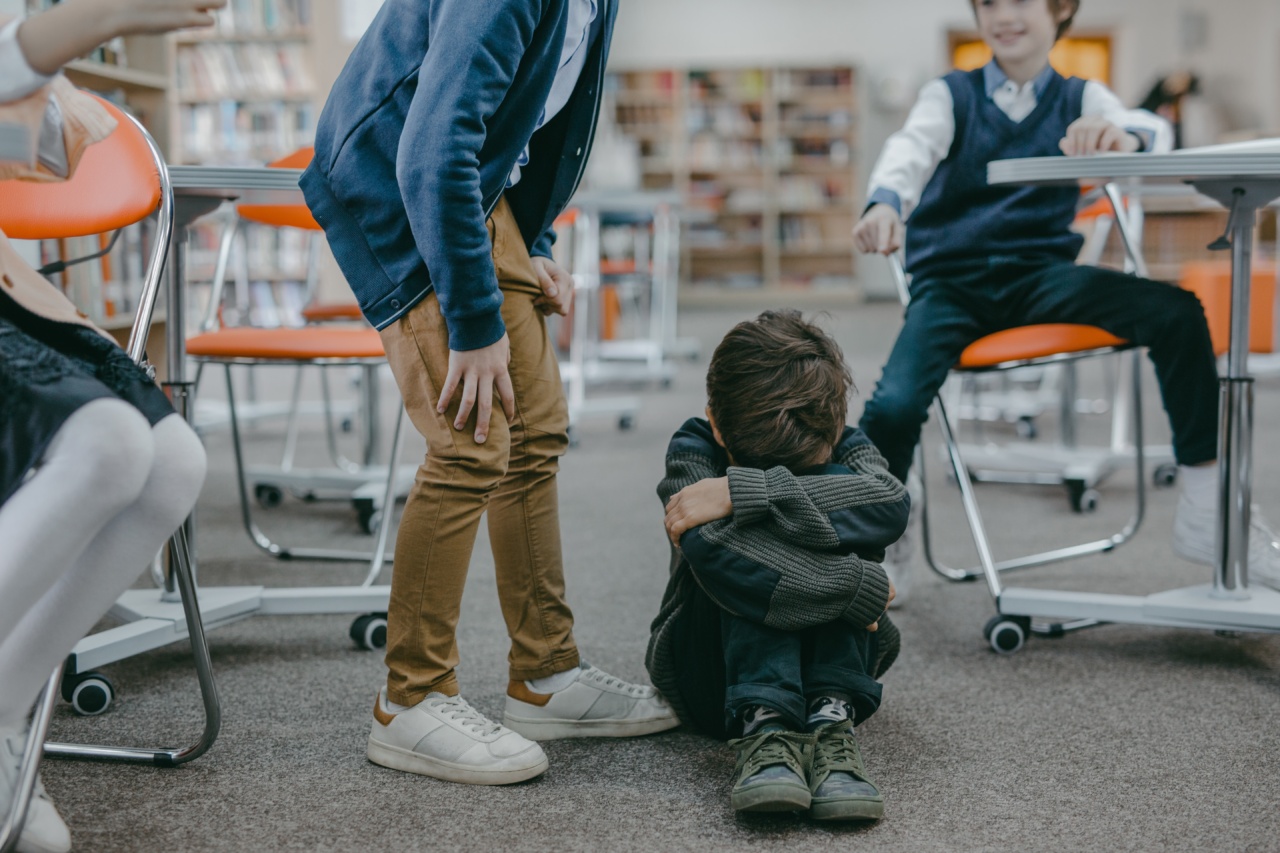Depression is not just a feeling of sadness or grief that most people experience from time to time. Depression is a serious mental health condition that can affect anyone, including children and teenagers.
Unfortunately, it is often difficult for parents or caregivers to recognize the signs and symptoms in kids and teens. In this article, we will discuss some of the most common indicators of depression and what parents can do to help.
What is Depression?
Depression is a mental illness that affects a person’s thoughts, feelings, and behaviors. It can cause persistent feelings of sadness, hopelessness, and even worthlessness.
Depression can impact every aspect of a person’s life, including how they feel about themselves, how they interact with others, and how well they function in school or other activities. For some people, depression can become so severe that they have thoughts of self-harm or suicide.
Depression in Kids and Teens
Kids and teens are not immune to depression. In fact, according to the National Institute of Mental Health, one in every eight adolescents in the United States has depression.
Depression can be harder to recognize in kids and teens because they may not be able to articulate what they are feeling, or they may not understand what is happening to them. As a result, it’s important for parents and caregivers to be aware of the signs and symptoms of depression in children and teens.
Signs and Symptoms of Depression in Kids
The symptoms of depression in children can be different from those of adults. Kids who are depressed may feel sad or hopeless, but they may also exhibit other behaviors that are not typical of adults.
Here are some common signs and symptoms of depression in kids:.
- Sadness or tearfulness
- Irritability or anger
- Withdrawal from friends and family
- Lack of interest in activities
- Changes in eating or sleeping habits
- Frequent complaints of physical symptoms such as headaches or stomach pain
- Difficulty concentrating or performing well in school
Signs and Symptoms of Depression in Teens
The signs and symptoms of depression in teens can sometimes be hard to differentiate from “normal” teenage behavior.
Adolescents often experience mood swings, so it’s important to look for any significant changes in their behavior or mood. Here are some common signs and symptoms of depression in teenagers:.
- Sadness or hopelessness
- Irritability or anger
- Withdrawal from friends and family
- Loss of interest in activities they used to enjoy
- Changes in eating or sleeping habits
- Low energy or fatigue
- Difficulty concentrating or making decisions
- Feelings of guilt or worthlessness
- Thoughts of self-harm or suicide
What Parents Can Do
If you suspect that your child or teen is depressed, it’s important to seek help right away. Here are some things you can do to help your child:.
- Talk to your child – Let your child know that you are there for them and that they can come to you with anything.
- Get support – Reach out to your child’s school counselor or a mental health professional for guidance.
- Be patient – Depression can take time to overcome, and your child may need ongoing support and treatment.
- Encourage healthy habits – Encourage your child to eat well, exercise, and get enough sleep.
- Be available – Make yourself available to your child, even if they don’t want to talk about how they are feeling.
- Decrease Screen time – Reducing the amount of time spent on phones, computers, or other such devices could improve mood and provide more time for exercise, socializing and outdoor activities.
Conclusion
Depression can occur in kids and teens, just as it can occur in adults. The symptoms may be subtle, and it can be difficult for parents to recognize them.
If you suspect that your child or teen may be depressed, it’s important to seek help right away. With support and treatment, your child can overcome depression and regain a sense of hope and joy in life!.






























